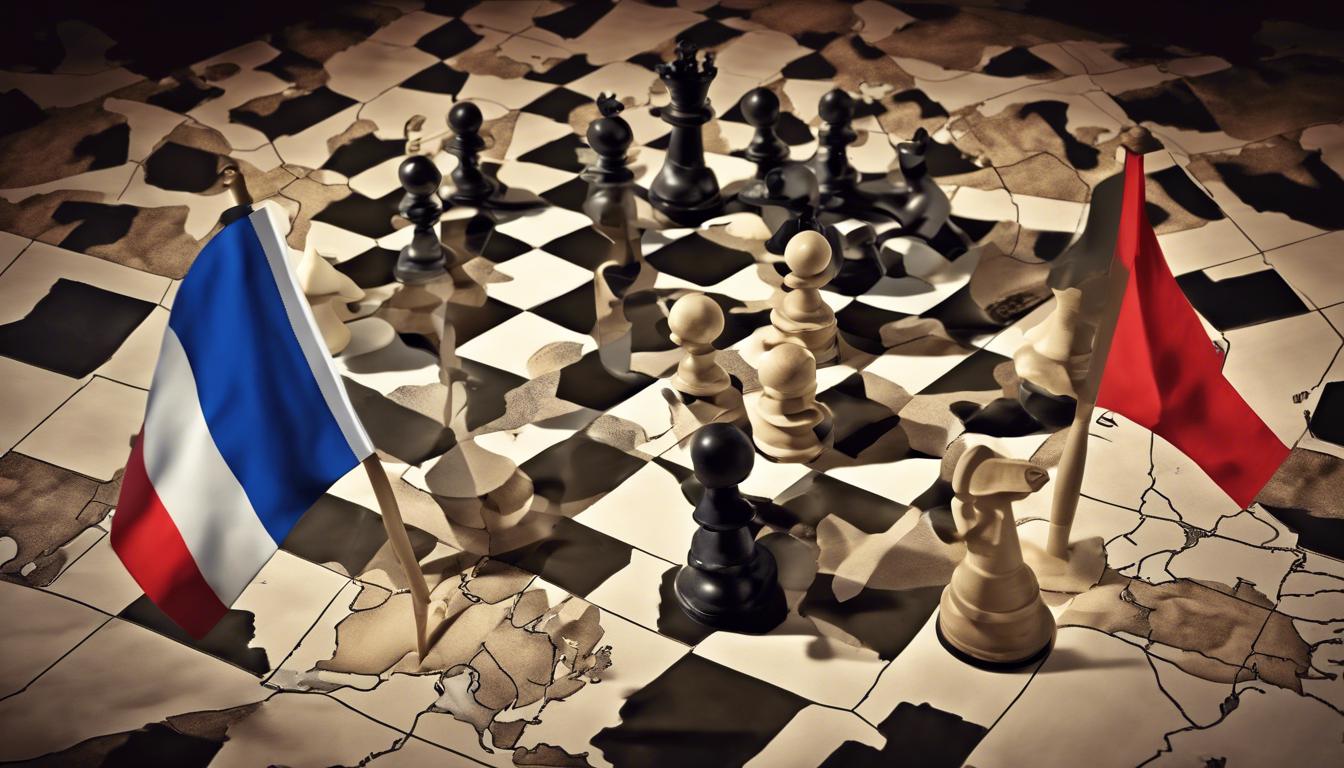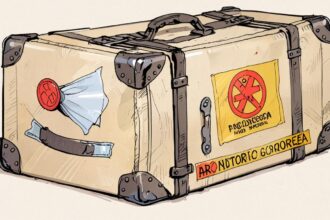Estonia’s top military official calls for increased defense expenditure in response to the growing threat from Russia, as Eastern Europe faces heightened security challenges.
Estonia’s top military official, General Martin Herem, has recommended that the country should double its defense spending in anticipation of potential conflicts with Russia. This advice is grounded in the broader context of heightened tensions between NATO allies and Russia, with concerns specifically about Russian ambitions in Eastern Europe. Estonia, a NATO member since 2004, is responding to perceived threats by surpassing the alliance’s defense spending guidelines. The Estonian intelligence service has noted Russia’s military buildup along NATO’s eastern border, contributing to the atmosphere of vigilance in the region.
In a related development, Poland dismissed Lieutenant General Jarosław Gromadziński, the commander of Eurocorps, due to a counter-intelligence investigation. Gromadziński, who has a notable military background including training Ukrainian soldiers, has contested any wrongdoing. His dismissal is underscored by Poland’s heightened security posture against Russian aggression and threats from Belarus.
Latvia’s Foreign Minister, Krisjanis Karins, announced his resignation amid a probe into alleged misuse of public funds for private flights during his tenure as Prime Minister. His departure, effective April 10, has been linked to concerns over transparency and accountability in Latvian governance, reflecting broader issues of official conduct in the region.
Amid these developments, fears have escalated over Russia’s advances in Ukraine, with the possibility of a significant breakthrough in the conflict looming. The situation has exposed challenges faced by Western allies in supporting Ukraine, highlighting a pressing need for a coordinated response to the crisis.
Simultaneously, Central and Eastern European nations are commemorating the 20th anniversary of their NATO membership, emphasizing the alliance’s importance in addressing the current security challenges, especially in light of Russia’s actions in Ukraine. These countries have been staunch supporters of NATO’s defense spending commitments and have advocated for a strong stance against Russian aggression.
In a separate incident, authorities in the Czech Republic and Poland have taken down a Russian-linked network accused of disseminating anti-Ukraine propaganda in Europe through the Voice of Europe website. The network reportedly sought to influence European politics by financially incentivizing politicians across several countries to promote narratives undermining Ukraine’s sovereignty.
These series of events underscore the complex and tense security environment in Eastern Europe, involving military preparations, political upheavals, and efforts to counter foreign influence campaigns, all occurring against the backdrop of an ongoing conflict in Ukraine.













